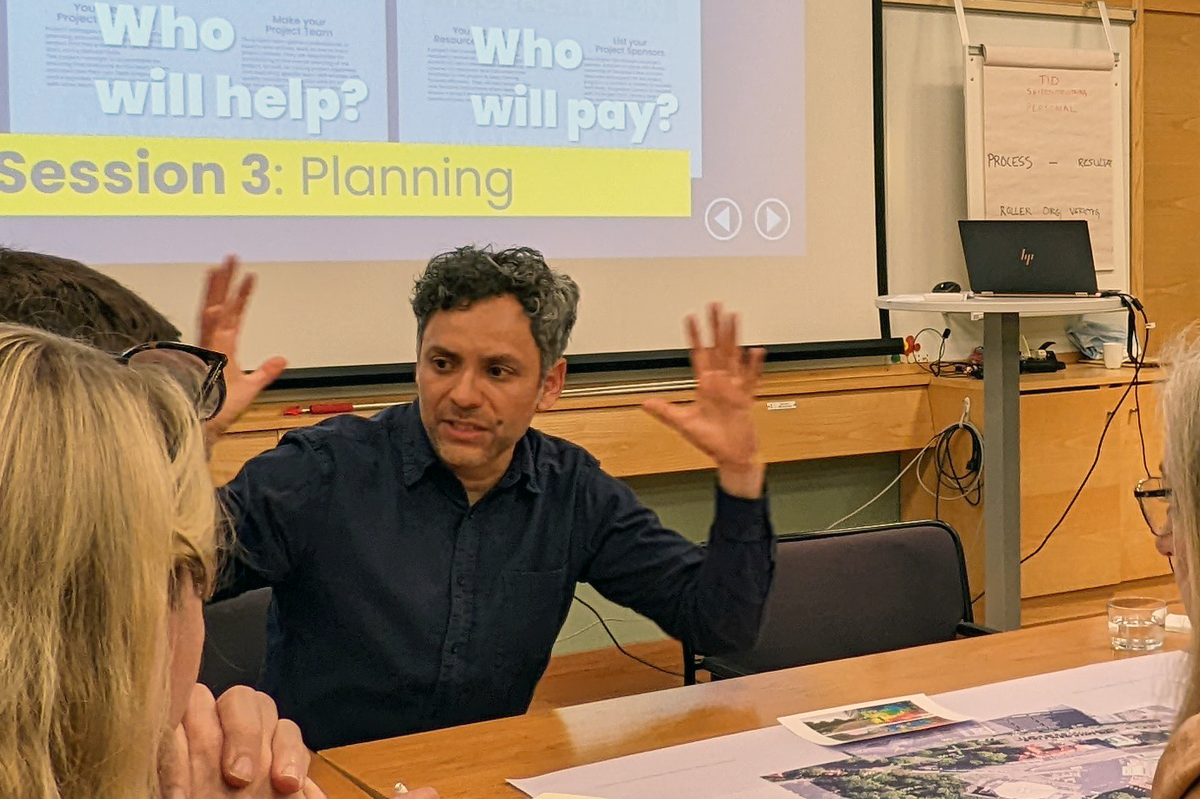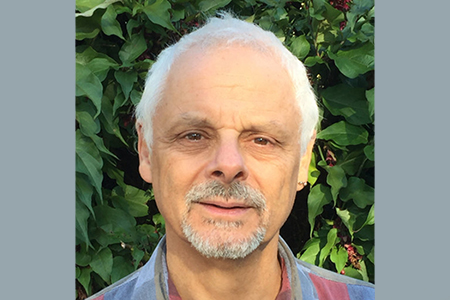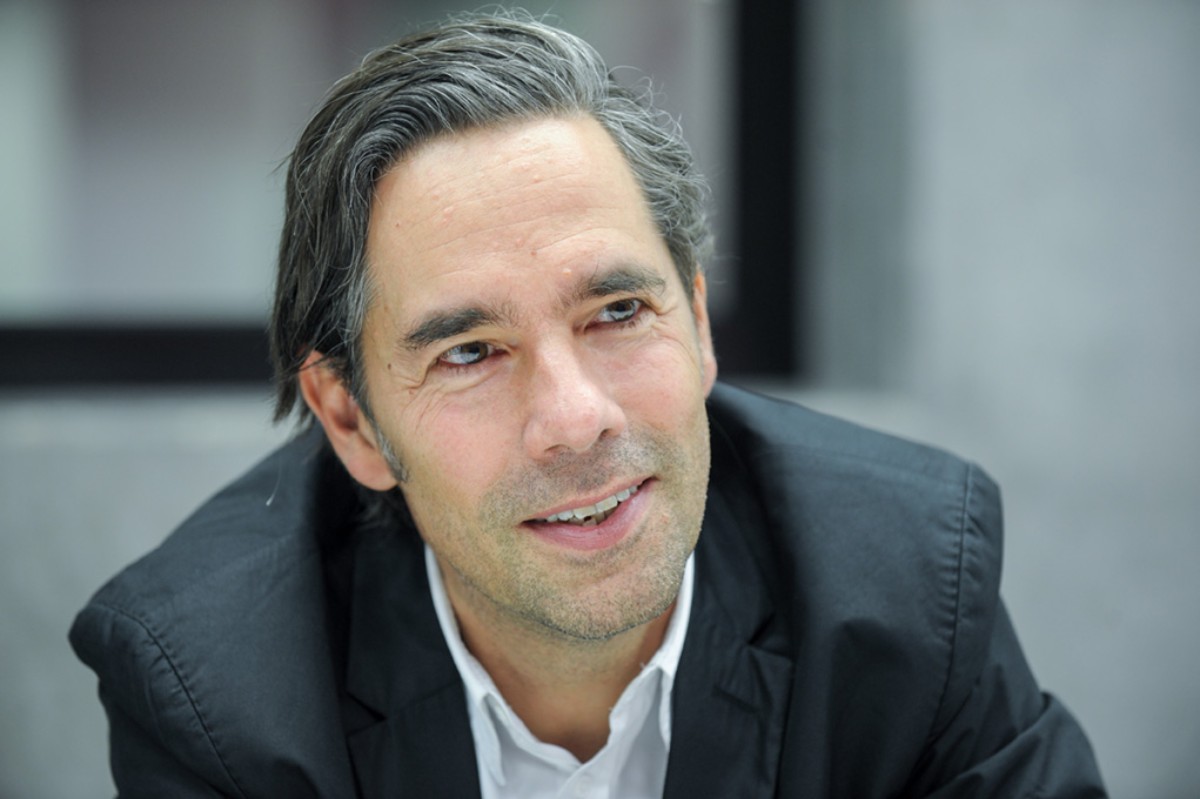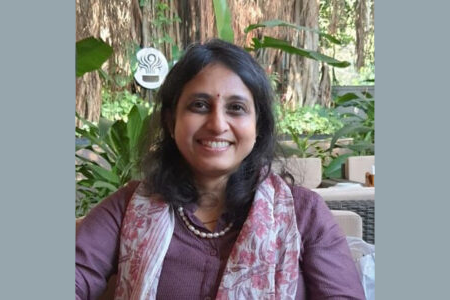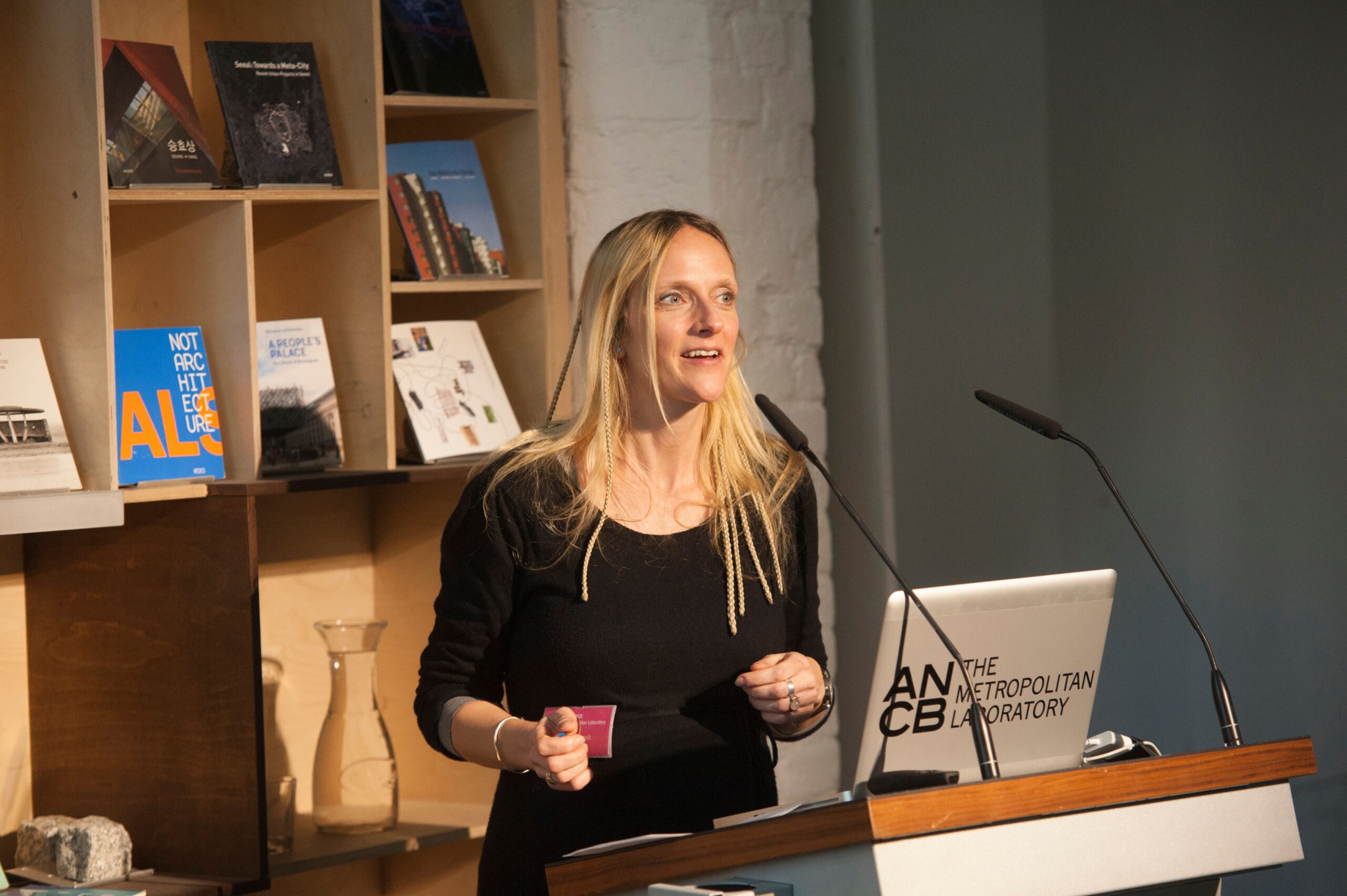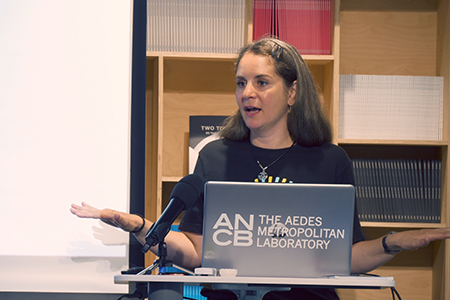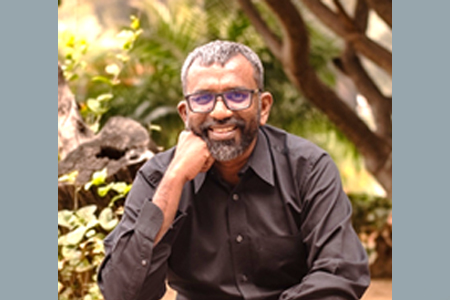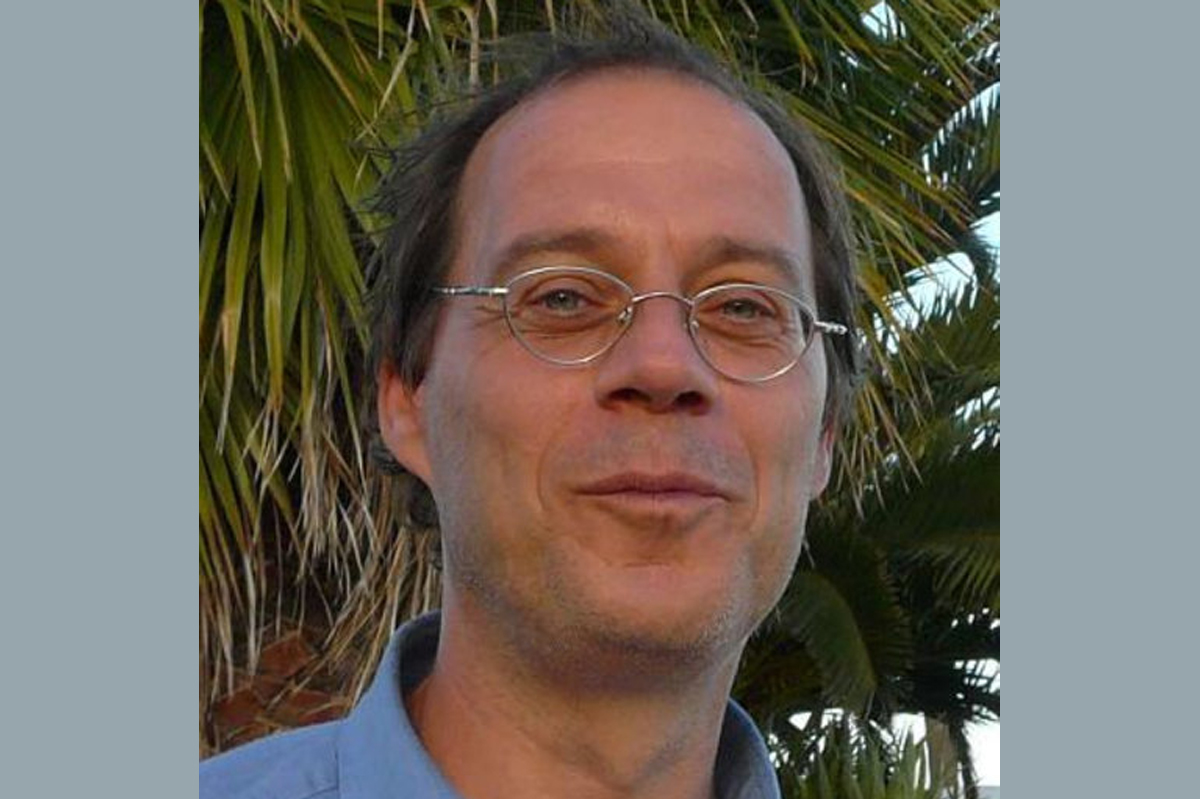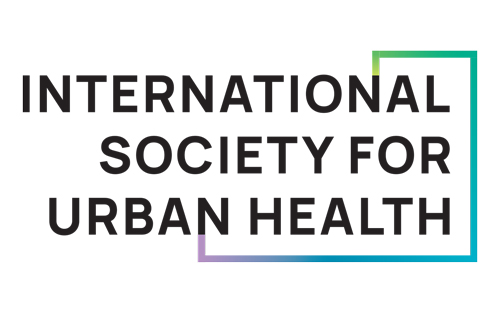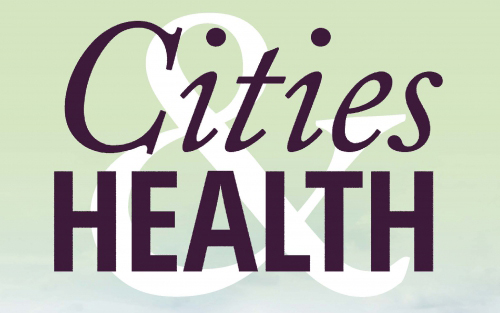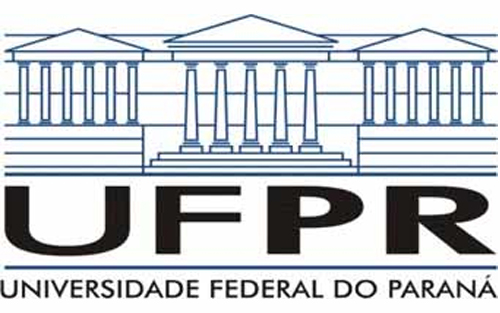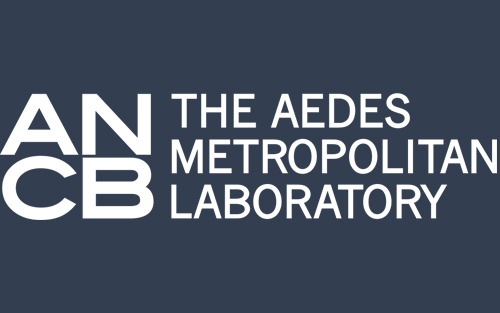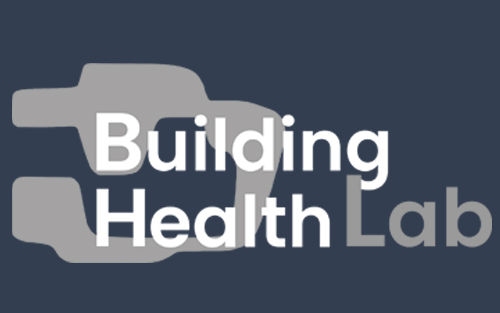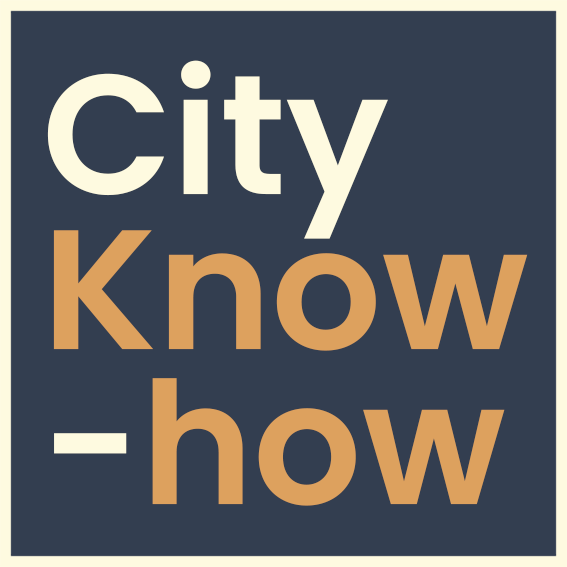
Dialogues with Brazil.
August 28 to September 1 2023, Berlin, Germany
About us!
![]()
ANCB The Aedes Metropolitan Laboratory in Berlin is a unique interdisciplinary platform for urban discourse, exploring the interplay between the built environment, social life, technology, education and research for the future of our human habitat at an international level.
Since 1980, Aedes Architecture Forum has exhibited internationally acclaimed and pioneering architecture. Building upon this rich expertise and global network, Aedes directors Kristin Feireiss and Hans-Jürgen Commerell conceived the Aedes Network Campus Berlin (ANCB) in 2009. ANCB The Aedes Metropolitan Laboratory has since curated an internationally renowned discussion and enquiry programme, complementing Aedes Architecture Forum.
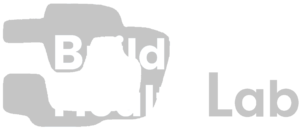
Building Health Lab (BHL) was established in 2018 to bridge academia with practice through UrbanCare, a systems approach to retrofit neighborhoods.
Through UrbanCare, BHL has created transdisciplinary research and design culture at universities such as Chalmers University of Technology, TU-Berlin, Polytechnic University of Milan, and the University of Florence through block seminars and workshops on the impact of streetscapes on health. More recently, the exchange has included universities outside Europe, such as the Federal University of Paraná (Brazil), the National Autonomous University of Mexico, and the Dr. Bhanuben Nanavati College of Architecture For Women (India).
Cities & Health has been established to support human and planetary health by sharing the latest international research and practice for urban health and health equity. Our mission is to provide practitioners, researchers and communities with a platform to share, discuss problems to shape solutions from a spatial planning, urban design and physical city governance perspective.
From climate change to the digital city, from city leadership to community resilience, cities all over the world are in transition. The journal covers a wide range of topics – but public health and the health of planetary systems needs to be at the heart of the research we publish.
The International Society for Urban Health (ISUH) is the only global non-governmental organization solely focused on advancing urban health and health equity by addressing the broader determinants of health in cities.
Through our annual global conference, the ICUH, and our programs, the ISUH connects interdisciplinary academic researchers and educators, practitioners, policymakers, the private sector, NGOs, and philanthropy, to learn from each other and partner to translate evidence into action, improving health, wellbeing and equity for all.
The Technische Universität Berlin (TU Berlin) looks back over a long and distinguished tradition of teaching and research. In 1799 its most important predecessor, the Building Academy, was founded. In 1946 the university was re-established under the name of Technische Universität Berlin. The seven faculties of the university offer approx. 150 study programs from the fields of engineering and natural sciences, economics and business, planning sciences, humanities and the social sciences.
The Federal University of Paraná (UFPR) is the oldest educational institution with the concept of a university in Brazil, founded on December 19, 1912, initially named University of Paraná.
Currently, the university’s facilities are distributed among the various campuses in Curitiba and other cities in Paraná . The institution offers undergraduate courses, including undergraduate , bachelor’s, technologist, master’s, doctoral, lato sensu specialization courses, in addition to medical residencies, technical and distance courses.
ANCB The Aedes Metropolitan Laboratory
Building Health Lab




